An angry villager accosted me outside my house as I came through my front door. ‘You’re wrong about those horses,’ she called. By which she meant the 123 horses taken from a farm down the road by the RSPCA.
‘They were never fed!’ she shouted at me. ‘They were starved! We have been trying to help them for years!’
I sighed. ‘Just a moment, please,’ I said, putting my handbag in the car. I walked over to where she was standing. ‘Look, those horses were all fat if anything. I’ve got leaked photos of each one of them taken by vets in RSPCA custody days after seizure. They look perfectly fine. Would you like to come in and see the photos? Come on, I’ll show you.’
‘No!’ she screeched. ‘You’re wrong! They were being fattened up for meat! They were being live exported to France in the middle of the night!’
‘Sorry, can we just go back a bit?’ I said, as politely as I could. ‘You’re saying the horses were both starved, and also being fattened up for meat?’
‘You don’t know!’ she screamed.
‘Look, not one of those horses had a passport,’ I explained. ‘The farmer had no papers. You can’t get a horse into the French meat market without papers.’
What I didn’t say, for the lady was beside herself already, was that it is not illegal to live export horses to France. You don’t have to do it under cover of darkness.
If a horse hasn’t had the common painkiller phenylbutazone, which most horses have, and if this can be verified with its passport, then a horse can be sold for meat at a rock-bottom price.
The potential for live export of horses because of free movement of equines between Britain and France is one of the reasons thick, ignorant Brexiteers like me want to come out of the EU.
But here’s the thing: you cannot get a horse into the French meat market without papers. The owners of large herds who want to sell horses for meat as a last resort must get their horses papered within months of buying them. All the evidence suggests that not many do. They consider it not worth the hassle.
So is it possible this horse dealer was doing exactly what he says he was doing, selling good-quality cobs to people for riding? The village doesn’t want to hear this. It is far more satisfying to convince themselves that this old farmer was engaged in Surrey’s first international illegal horsemeat trading scandal.
Whenever he loaded or unloaded horses he’d bought from a fair in Ireland, or was taking to a buyer, hysterical do-gooders put it about that he must be selling ponies to French charcuteries.
The only form of ‘live export’ going on here was done by the RSPCA, which took the horses from one end of the country to another, up to eight hours in lorries, after it seized them.
But the facts I attempted to placate her with, she rejected utterly. She turned her head away as though I were raining blows on her and screamed: ‘No! It’s not true! He was starving them! He was selling them for meat! We all know!’
‘How do you know?’ I said. ‘We know!’ she wailed. ‘But how do you know?’ ‘We just know!’ ‘But how do you just know?’ ‘We know!’
This went on for some time, then she turned on her heels and stormed off, screeching: ‘You’re full of shit!’
And then it occurred to me that if she had been trying to get these horses rescued for years because the farm was a mess and they were covered in mud, or because she bought into the lurid, far-fetched gossip about cob salami (the French prefer thoroughbred), then she has to believe she did the right thing.
If horses that once grazed 100 acres are now being stored in pens in undisclosed locations, and if we know because the RSPCA has admitted that at least nine of them have already been shot, she has to believe that their fate prior to ‘rescue’ would have been worse.
It is vital for her to cling to conspiracy theories about a partially sighted farmer selling horses for meat in the night by single-handedly outwitting Defra, trading standards and French border guards, all for about 50 quid a carcass — a few hundred pounds a trip in a small lorry — when actually he was making a good living selling around 100 horses a year to middle-class homes as pets.
She cannot believe it is possible that she unwittingly brought about that which she sought to prevent.
She cannot admit that when those who do not understand livestock stick their noses in, they often get it horribly wrong. Yes, the farm was messy. The truth is messy. Village gossip is even messier.
Got something to add? Join the discussion and comment below.
Get 10 issues for just $10
Subscribe to The Spectator Australia today for the next 10 magazine issues, plus full online access, for just $10.
You might disagree with half of it, but you’ll enjoy reading all of it. Try your first month for free, then just $2 a week for the remainder of your first year.


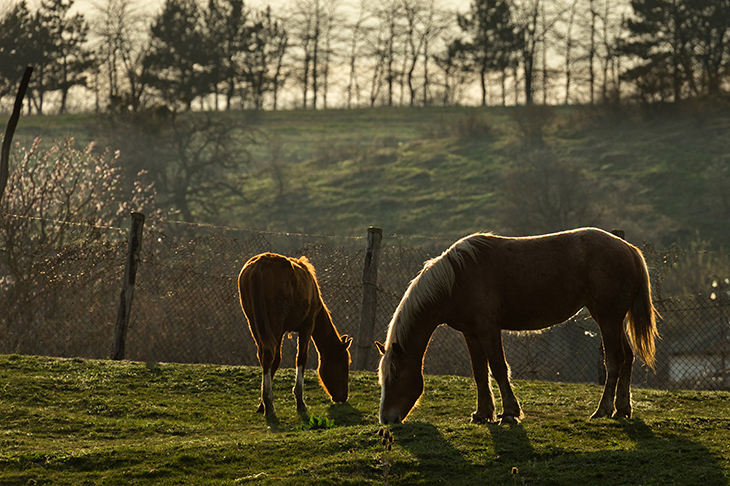

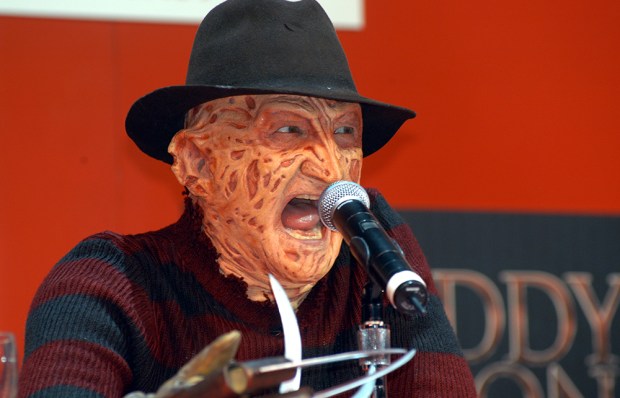
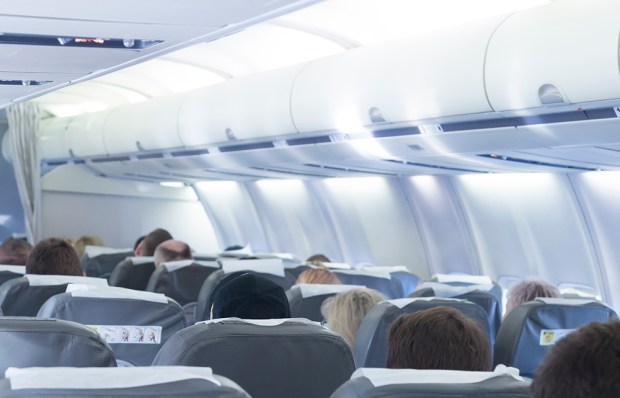
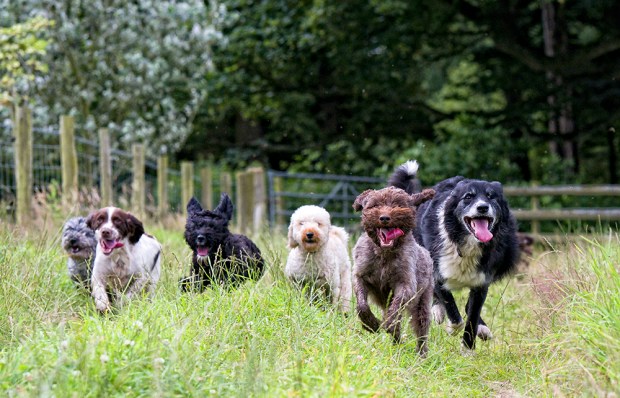
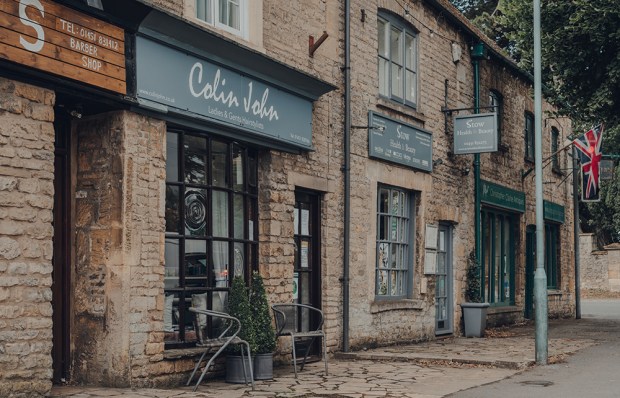
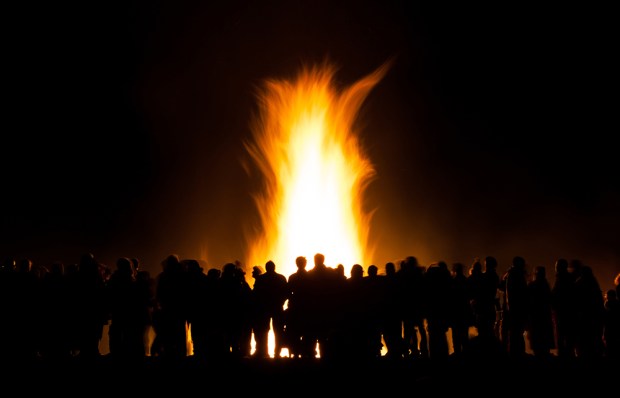






Comments
Don't miss out
Join the conversation with other Spectator Australia readers. Subscribe to leave a comment.
SUBSCRIBEAlready a subscriber? Log in